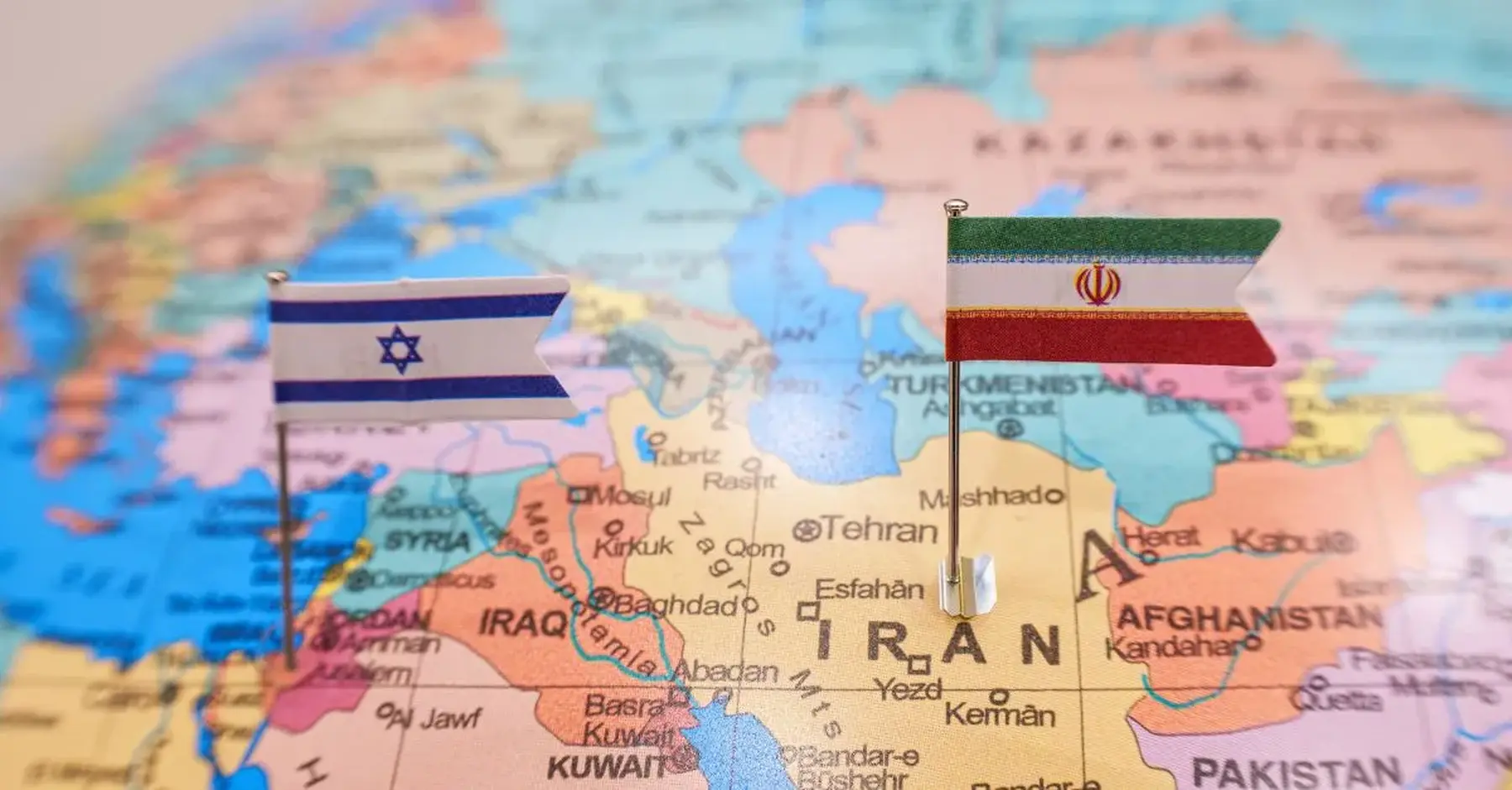You are viewing 1 of your 2 free articles
‘Too early’ to predict impact of Israel-Iran conflict on bookings, says trade
Tour operators say it is “too early” to tell if the Israel-Iran conflict will have a wider impact on bookings to the Middle East and eastern Mediterranean.
Strikes have escalated between the two countries since Israel’s surprise attack on Iran on June 13, which led to a string of alerts by the UK Foreign Office warning about travel to Middle Eastern and north African destinations and flight diversions and cancellations.
Red Sea Holidays managing director Peter Kearns said the rising military tension in the region and media reports had led to some calls from agents but pointed out that Egyptian tourist resorts were further away than Cyprus in terms of proximity to Israel.
“We have had small number of calls mainly from travel agents looking for some guidance in terms of how to answer any queries they might receive from concerned customers,” he said, adding: “It’s too early to tell if this would affect sales to the region, currently it isn’t.”
Cyplon Holidays managing director Harry Hajipapas said that over the weekend, directly after the first attack, the operator had taken two new bookings to Egypt and been relatively busy with Cyprus bookings.
He warned this could change depending on how the crisis develops, adding: “I think the landscape will change if the war continues to escalate, more anxiety will creep in, and people will probably start thinking more about their travel plans.”
But he added: “It is probably to early to assess at present the full impact on our business but we are hoping for a ceasefire to calm everything down and encourage people to continue with their travel arrangements.”
Intrepid Travel chief executive James Thornton said trips were currently going ahead to destinations such as Jordan and Egypt, citing “renewed confidence” in the destinations, but predicted booking levels would fall if the situation was not resolved quickly.
He said: “What I suspect will happen again, unfortunately, unless things stabilise quickly, which doesn’t seem [like] they will, is that probably we’ll get less booking enquiries going there. We might even have some customers not be prepared to travel there. But what you tend to find is people still travel, they just go to other places.”
Nicky Bird, head of trade sales, Holiday Best, said while there had had been no notable impact of the conflict on bookings, the operator had been asked about affected flights and future trips to Cyprus.
“Turkey is still our top selling destinations for the summer,” but she said: “We have had a handful of calls regarding bookings that are travelling to Cyprus later in the year, asking if holidays will still be travelling, and this was mainly due to customers seeing news articles.”
Agents also said there was no evidence of a drop in bookings to the region.
But Caroline Thorne, head of travel, East of England Co-op Travel, said conversations with clients had focused on flight suspensions or changes but admitted: “Potentially it might be different in a few weeks’ time, as things progress.
“We haven’t really had anyone mentioning things to us about this yet; we have a few people asking about the United Arab Emirates, Egypt and Cyprus , due to the closeness of the area.
“A couple of people had a conversation with one of our branches about swapping a Cyprus booking over due to our [military] forces being heightened and gathered in our hubs in Cyprus.”
Advantage Travel Partnership said Turkey was its fifth biggest selling short-haul destination last week, with commercial director John Sullivan noting it was “too early to say” what the impact of the conflict would have on overall trading.
Since Travel Weekly spoke to operators, US president Donald Trump is reported to have approved US strikes against Iran unless the country agrees to drop its nuclear programme.


















